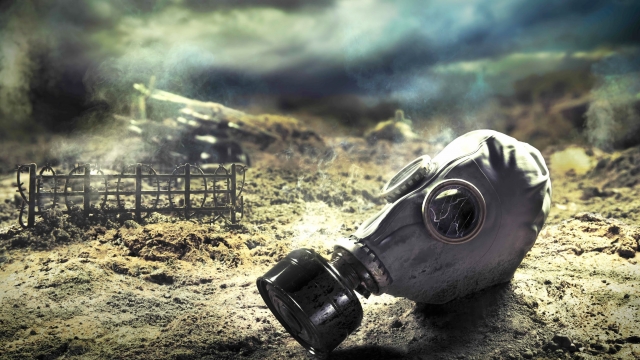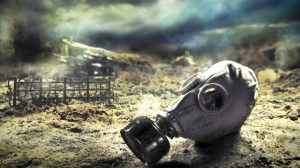Chemical Attacks and Export Restrictions
The US announced export restrictions with Russia in response to accusations that they used a nerve agent to poison a former Russian spy in Britain. While the initial sanctions may have a limited impact, a second batch is expected and could hit the Russian economy much harder.
The chemical attack of which Russia is accused refers to a Russian double agent who worked for the British, Sergei Skripal. Skripal was 66 and in retirement, an ex-colonel in the intelligence services of Russia.
On March 4 2018, Sergei and Yulia Skripal, Sergei's 33-year-old daughter fell unconscious on a bench in Salisbury. On March 6, the national counter-terrorism police formally took over the investigation and blood samples from the Skripals were sent to the UK's main chemical-weapons research facility. There they detected the presence of a Soviet-born nerve agent, first developed in the 1980s and known informally in Russian as novichoks. Novichoks, which could be deployed in liquid form and absorbed through the skin, stops the normal transmission of messages between the nerves and the muscles. Light-headedness turns to grogginess, to strained breathing and collapse.
After assembling intelligence reports, the British believed Russia to be responsible, and so they went around Europe and America, persuading allies to join them in sanctioning Russia. The US president signed off on the expulsion of 60 Russian diplomats, after which Russia expelled 60 Americans in reply, with London and Moscow swap-expelled 46 of their people.
The export restrictions were triggered under US law on chemical weapons following a formal US determination that Russia used the Novichok nerve agent to poison former Russian spy Sergei Skripal and his daughter. Russia has 90 days to provide assurances that it will not use chemical weapons in the future and also allow inspections of bio facilities.
"They are demanding that Russia accepts an obligation to refrain from any further use of chemical and bacteriological weapons, which amounts to our acknowledgement that we have used it. But we haven't.” –said Senior Russian lawmaker Vyacheslav Nikonov
If sanctions are expanded to target Russia's top state-controlled banks, freezing their dollar transactions, as proposed under legislation introduced in the Senate, it would amount to a "declaration of economic war" Russian Prime Minister Dmitry Medvedev stated on 10 August.
Dmitry Medvedev warned the US that targeting Russia's state-controlled banks would deal a heavy blow to the Russian economy and would cross the line, warranting a Russian response by economic, political or any other means which Medvedev did not specify.
By Shawn Wayne












